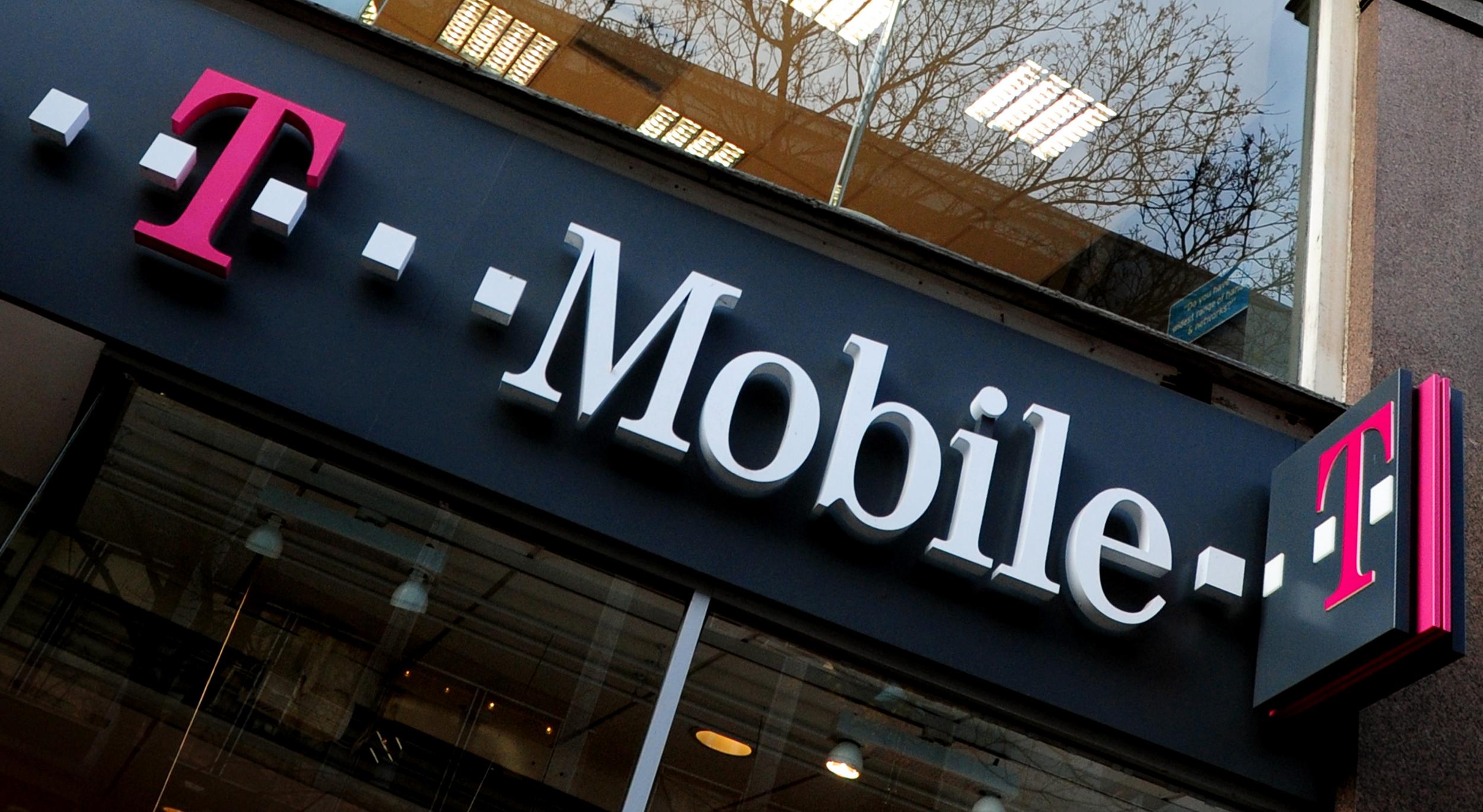T-Mobile: Here’s what to do if you think your data was hacked
The best policy is to act like your data is already compromised and take appropriate security measures

Your support helps us to tell the story
From reproductive rights to climate change to Big Tech, The Independent is on the ground when the story is developing. Whether it's investigating the financials of Elon Musk's pro-Trump PAC or producing our latest documentary, 'The A Word', which shines a light on the American women fighting for reproductive rights, we know how important it is to parse out the facts from the messaging.
At such a critical moment in US history, we need reporters on the ground. Your donation allows us to keep sending journalists to speak to both sides of the story.
The Independent is trusted by Americans across the entire political spectrum. And unlike many other quality news outlets, we choose not to lock Americans out of our reporting and analysis with paywalls. We believe quality journalism should be available to everyone, paid for by those who can afford it.
Your support makes all the difference.Earlier this week T-Mobile acknowledged that hackers had breached its security and stolen data on 40 million of its customers. The hackers claim they actually stole data on 100 million people, and were found selling the information on a forum for 6 bitcoin, or about $280,000 at the time of the listing.
Once a consumer's information has been compromised there is not way to undo that action, but there are ways that people can mitigate the potential risks tied to having their data leaked.
While "assume the worst" is advice unlikely to appear in any self-help books, it is actually a good policy for protecting yourself online. If you act as though your information has already been compromised and take appropriate security steps, then you will be protected when - or if - your data actually is stolen. Those steps include changing your passwords, setting up two-factor authentication on appropriate accounts, keeping a vigilant watch on your bank account and ordering credit reports to ensure no one is using your identity to purchase items.
While your data may not have been part of the T-Mobile breach, it is entirely possible your data was made public during one of the numerous other breaches that have occurred over the last decade.
T-Mobile has set up a special page on its website to explain the hack and provide its customers with options for protecting themselves, including free two-year access to an identity protection service through McAfee and step by step instructions for securing their accounts.
If you are fairly confident your data was stolen, it is a good idea to freeze your credit, which you can do through Equifax, Experian or TransUnion. The process is free and can be completed online, and is not permanent. You can lift the freeze whenever you want.
Freezing your credit prevents lenders from opening up new accounts in your name. This ensures identity thieves cannot use your Social Security number to sign up for a credit card in your name, or take out a loan.
In addition to checking your bank account and reviewing a credit report to ensure there has not been any unauthorized activity, it's also important to keep an eye open for bills that don't align with your spending.
While many people would be content with just tossing out a bill that seems weird or out of place, it could be evidence that your data has been stolen and is being used by a thief.
Join our commenting forum
Join thought-provoking conversations, follow other Independent readers and see their replies
Comments